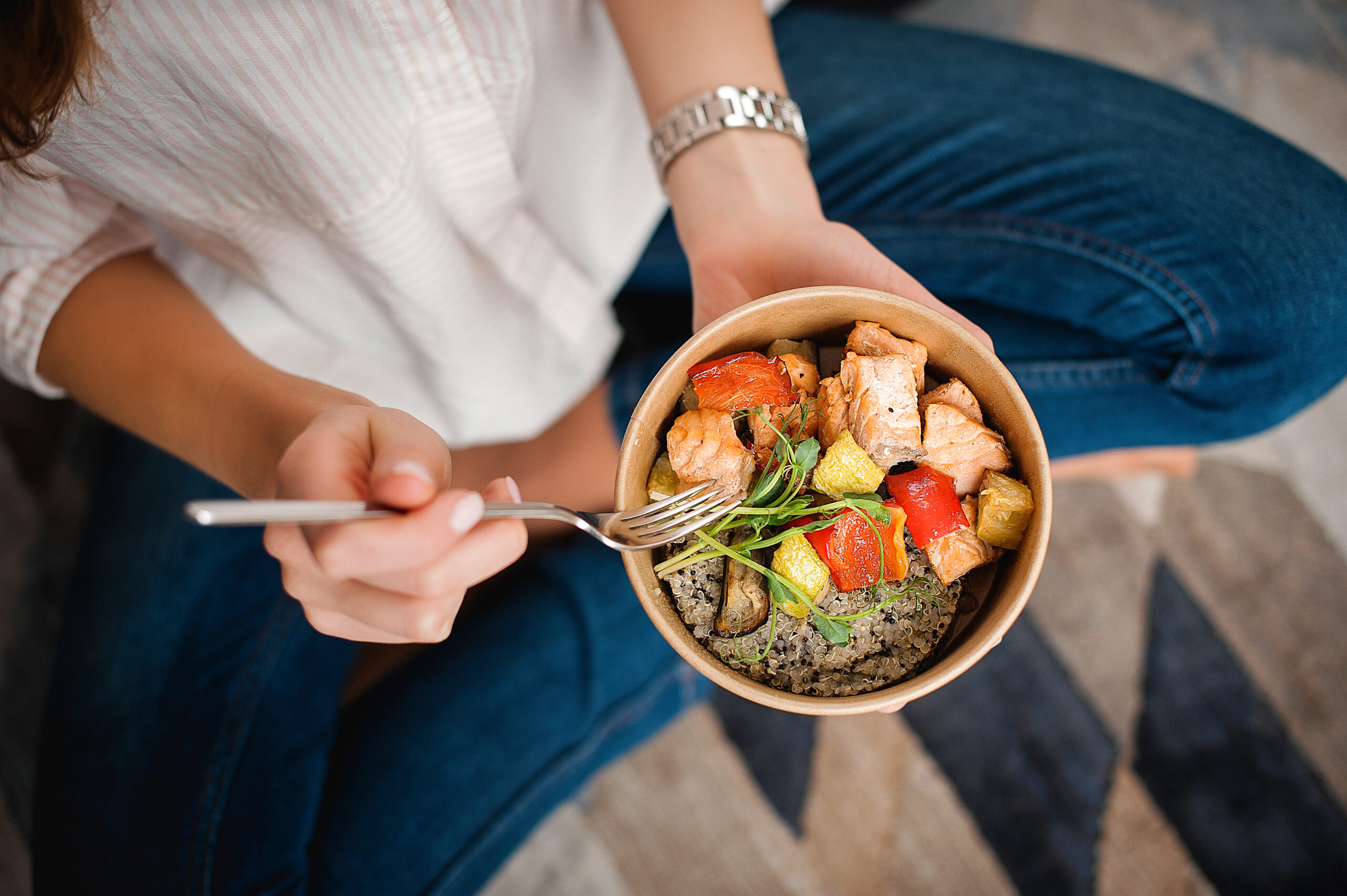The Best Foods for Losing Weight
Losing weight is a common goal for many people, and while exercise is a crucial component, diet plays an equally significant role. The foods one consumes can profoundly impact their weight loss journey, energy levels, and overall health. A combination of nutrient-dense, low-calorie, and satiating foods can aid in shedding those extra pounds while ensuring the body receives the essential nutrients it needs.
Vegetables, without a doubt, are at the forefront of weight loss-friendly foods. Rich in vitamins, minerals, and fiber, they are low in calories and carbohydrates. Leafy greens like spinach, kale, and swiss chard are particularly beneficial due to their ability to increase meal volume without adding excessive calories, thereby promoting a feeling of fullness.
Protein-rich foods are paramount for weight loss. Lean meats like chicken, turkey, and fish are excellent choices. Protein not only supports muscle building and repair but also boosts metabolism and induces satiety, reducing overall calorie intake. For plant-based dieters, legumes, lentils, and tofu offer a substantial protein source coupled with a variety of essential nutrients.
Whole grains, though often vilified in the weight loss world, can be a beneficial inclusion when chosen wisely. Foods like quinoa, brown rice, and whole oats are rich in fiber, promoting digestive health and sustained energy release. These complex carbohydrates keep one full and satisfied, steering clear of unnecessary snacking and overeating.
Fruits, with their natural sweetness and richness in essential vitamins and antioxidants, can satisfy a sweet tooth healthily. Berries, apples, and pears, with their high fiber content, are particularly effective, offering volume and satisfaction without a hefty calorie tag. It’s essential, however, to consume fruits in moderation due to their natural sugar content.
Healthy fats, though calorie-dense, should not be overlooked in a weight loss diet. Avocados, nuts, and seeds, and oily fish provide omega-3 fatty acids, vital for brain health, inflammation reduction, and overall wellbeing. These fats are also incredibly satiating, curbing the appetite and preventing overindulgence.
Dairy, particularly the low-fat or fat-free varieties, can also play a role in weight loss. Greek yogurt, for instance, is loaded with protein and probiotics, supporting digestive health and promoting a feeling of fullness. Cheese and milk, in moderation, can offer calcium, protein, and other vital nutrients without undermining weight loss efforts.
Hydration, too, is a critical component. Water supports every cellular process in the body, including metabolism. Often, thirst is confused with hunger, leading to overeating. Regular hydration can mitigate this issue, and consuming water before meals can reduce overall food intake.
In conclusion, a balanced diet incorporating a variety of food groups is essential for effective and sustainable weight loss. Focusing on whole, unprocessed foods like vegetables, lean proteins, whole grains, fruits, healthy fats, and staying hydrated can significantly impact one’s weight loss journey. Moderation, variety, and balance are key, ensuring the body is nourished, satisfied, and energized as it becomes leaner and healthier. The inclusion of regular physical activity complements these dietary practices, paving the path for holistic wellbeing and optimal weight management.
